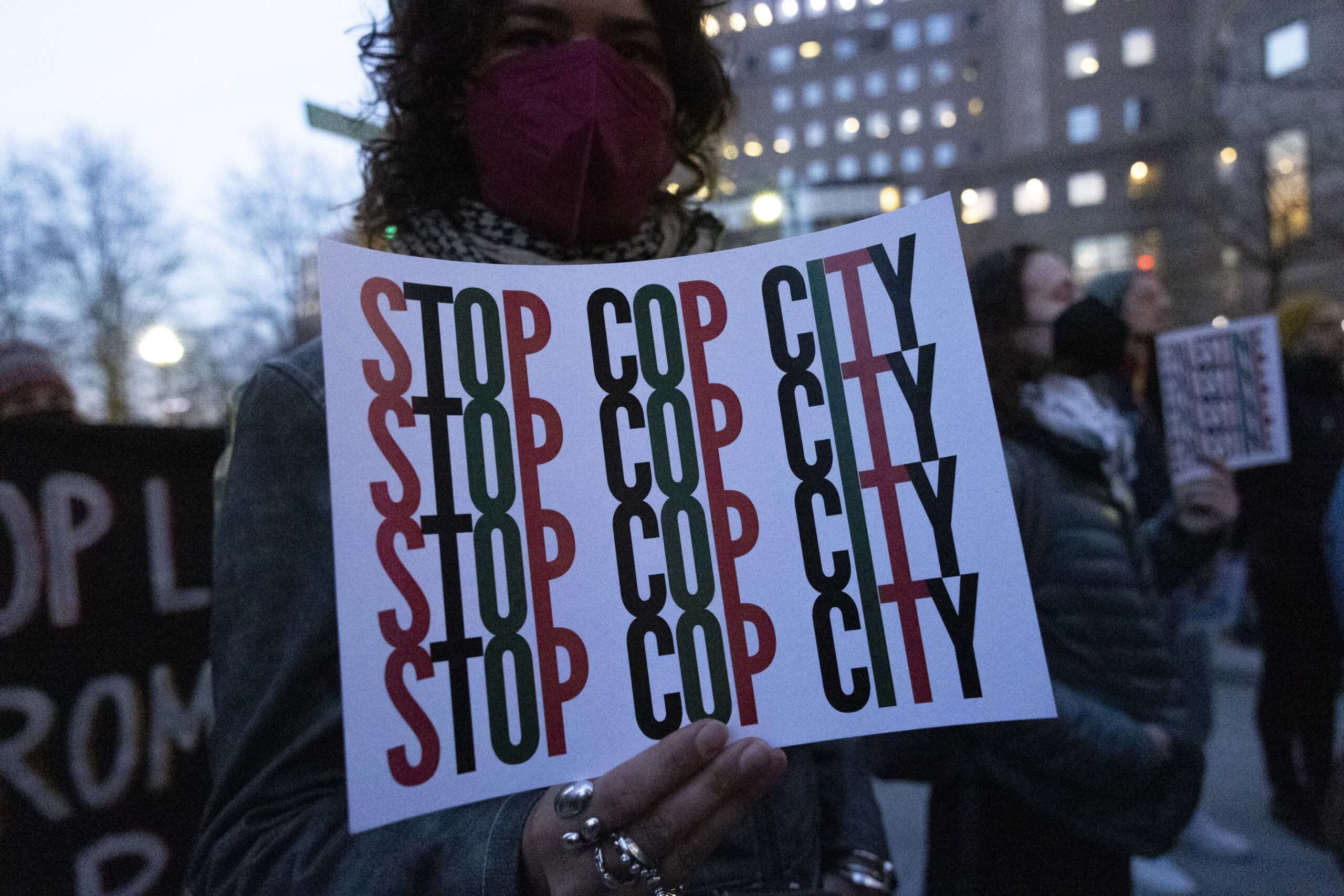Body Cam Footage Reveals Atlanta Officer Believed Felony Charges Against Cop City Protesters Were ‘Exaggerated’
In Georgia, authorities have recently withdrawn felony charges against a group of protesters opposed to the construction of the Atlanta Public Safety Training Center, pejoratively referred to as “Cop City.” The decision to drop these charges follows the surfacing of bodycam footage suggesting that law enforcement officials at the scene acknowledged the lack of justification for pursuing such severe charges. The protests stem from community anger over the center’s establishment in a forested area outside Atlanta, where activists have rallied under the slogan “Stop Cop City.” In a broader crackdown, more than 60 demonstrators have faced serious legal consequences, including allegations of racketeering, terrorism, and money laundering, raising concerns about the implications for civil liberties and protest rights.
The incident that led to the arrests occurred on July 29, 2022, when protesters entered the Georgia State University Convocation Center, which was under construction. Witnesses reported that demonstrators caused minimal damage and vocally opposed both the police training facility and the contracting firm involved in its construction. A law enforcement officer’s report documented the protesters’ entrance and subsequent attempts to evade police when ordered to stop. Ultimately, seven individuals were arrested to face several charges, including second-degree burglary, criminal damage to property, and obstruction of law enforcement. Each of these original charges carried hefty potential sentences, prompting severe concerns about the implications of the state’s response to minor acts of civil disobedience.
By late October 2024, a significant development occurred as prosecutors opted to drop charges against two of the protesters and placed the remaining five into pre-trial diversion programs. These programs implied that charges would be dismissed if specific conditions were met over time. This shift in legal strategy coincided with the release of bodycam footage by the Atlanta Solidarity Fund. The footage included an interaction among officers during the arrests, where discussions indicated doubts about the legal basis for imposing felony charges on the protesters. This revelation heightens scrutiny over how law enforcement uses prosecutorial power seemingly to deter dissent rather than legitimately pursue justice.
In examining the bodycam footage, an officer expressed that although the protesters had entered the building, there was no strong basis for felony charges. Furthermore, Major Jessica Bruce of the Atlanta Police Department implied that any available charges would be beneficial but noted that reaching for felony designations might be unwarranted. The brevity and context of the bodycam video, along with the APD’s silence regarding it, have led to further questions about accountability and transparency within the police force.
The Atlanta Solidarity Fund characterized the last-minute dismissal of charges as an acknowledgment by both law enforcement and prosecutors that their cases were untenable. The group viewed the original charges as tools used to repress criticism against law enforcement and as a strategy to instill fear among activists. The broad application of heavy charges against demonstrators raises issues concerning the balance of power, the right to protest, and the potential for overreach by the state, causing many advocates to demand a reconsideration of how such cases are pursued.
Reflecting on this unfolding situation, protester Laurel Leckert argued that the case exemplifies the weak nature of the state’s legal action toward demonstrators. She called for Georgia’s Attorney General Chris Carr to cease the prosecution of Stop Cop City activists outright, asserting that the aggressive criminalization of dissent raises serious concerns about the implications for free speech and public protest in a democratic society. The case highlights ongoing tensions between state authorities and civil liberties, illustrating the precarious line activists walk as they engage in advocacy against perceived police overreach and systemic injustices within current law enforcement practices.
Share this content:












Post Comment